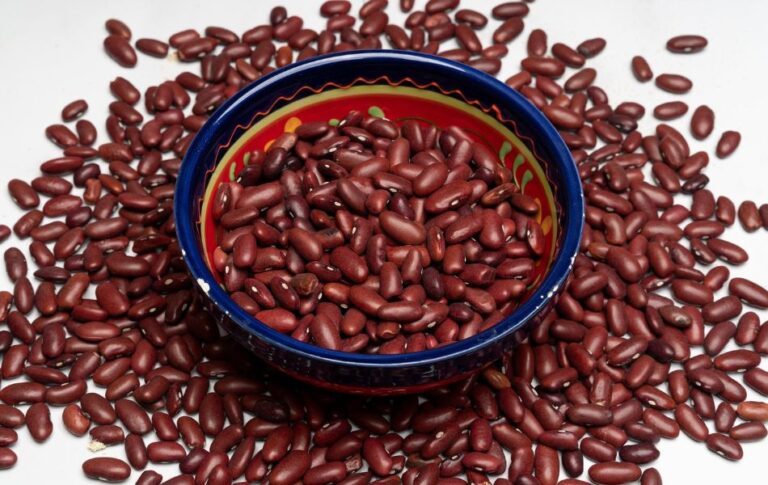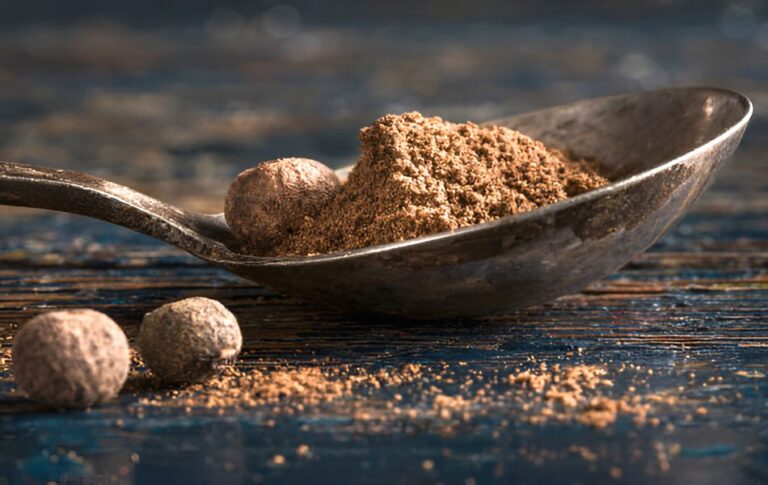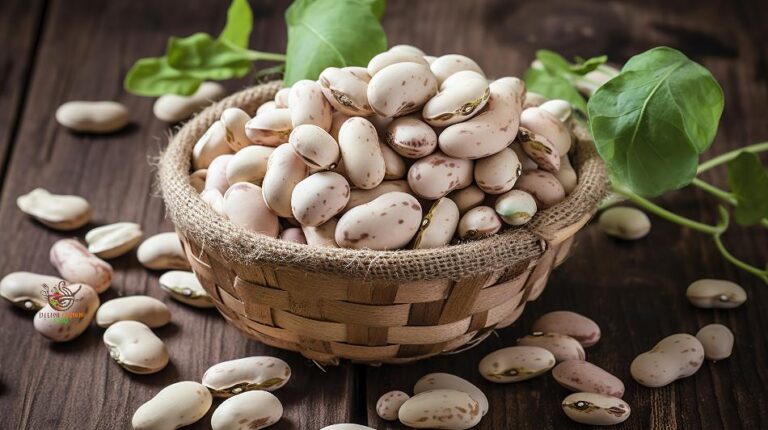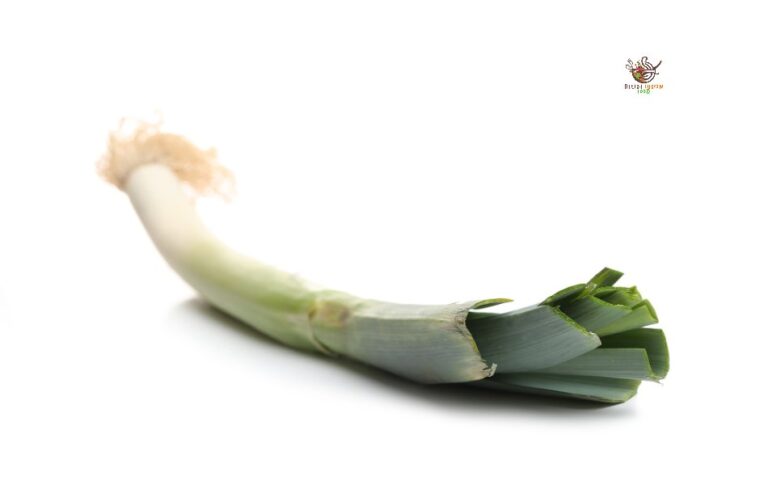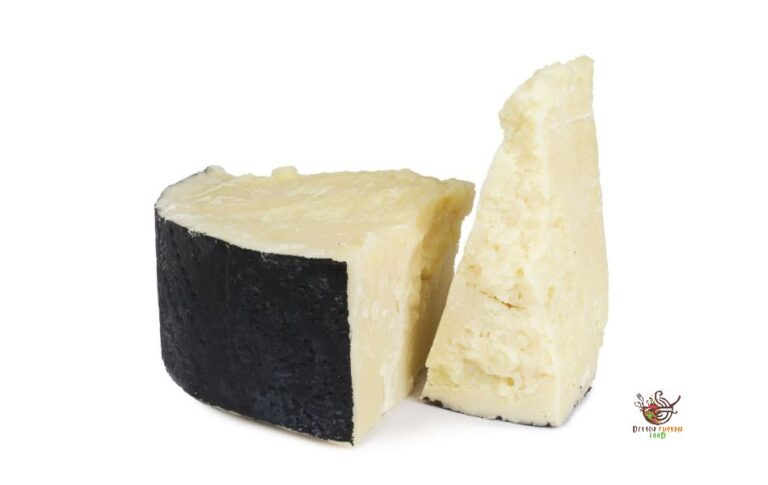A Comprehensive Guide to Corn Oil and Its Substitutes
Corn oil is often praised for its versatility and health benefits. However, if you run out of corn oil while cooking, there is no need to worry. Many substitutes can work just as well in cooking, baking, and frying. This guide will help you understand the nutritional benefits of corn oil and explore suitable alternatives.
What is Corn Oil?
Corn oil is a popular vegetable oil extracted from the embryo of corn seeds. Its mild flavor and high smoke point make it a popular choice for various cooking methods, from frying to salad dressings.
Nutritional Breakdown of Corn Oil
Corn oil is a calorie-dense oil, providing 900 kcal per 100g, composed entirely of fat with no carbohydrates or protein. Corn oil consists entirely of fat, totaling 100g per 100g of oil. This includes approximately 12.9g of saturated fats, 27.6g of monounsaturated fats, and 54.7g of polyunsaturated fats. Rich in vitamin E (14.3 mg) and vitamin K (1.9 µg), corn oil has no cholesterol and minimal vitamins or minerals. Its fatty acid profile is mainly polyunsaturated, making it a source of omega-6 fatty acids.
Health Benefits and Considerations
Corn oil has both positive and negative impacts on health. The omega-6 fatty acids it contains are necessary, but consuming too much without balancing them with omega-3s can cause inflammation. On the bright side, its high vitamin E content offers antioxidant protection against cell damage, potentially lowering the risk of chronic diseases.
Corn oil contains no cholesterol, making it a heart-healthy choice when used in moderation. However, due to its high-calorie content, it is important to balance it with other nutritious fats to prevent over consumption that could contribute to inflammation.
Best Corn Oil Substitutes
If you need to replace corn oil, here are some excellent alternatives.
1. Canola Oil
Canola oil is a fantastic alternative to corn oil. It has a neutral flavor and a high smoke point (over 400°F), making it ideal for frying and baking. Similar to corn oil, canola oil is cost-effective and easy to find. Additionally, its neutral flavor makes it great for cooking savory dishes and desserts.
2. Extra Virgin Olive Oil
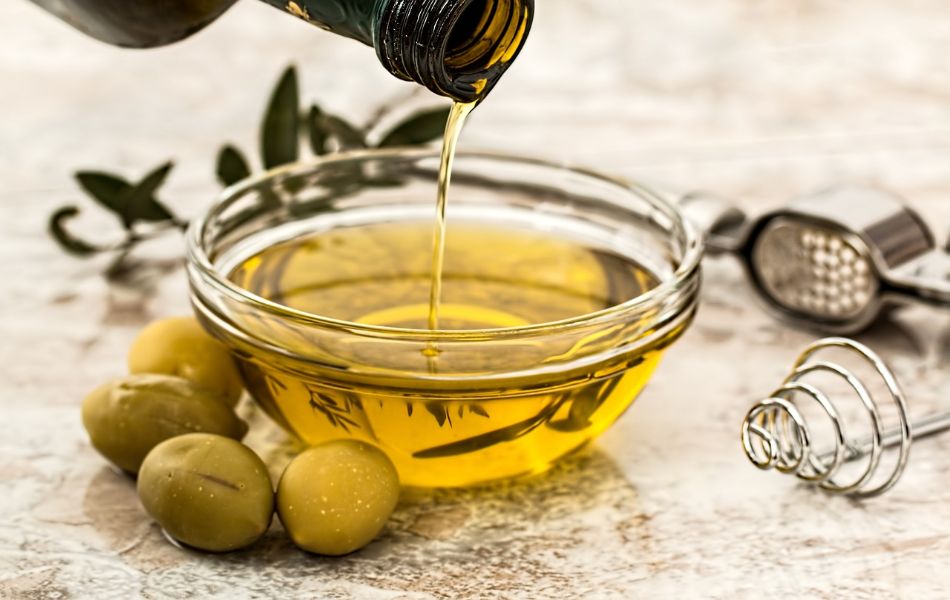
When it comes to health benefits, extra virgin olive oil (EVOO) is hard to beat. Packed with monounsaturated fats and antioxidants, EVOO can reduce bad cholesterol and improve heart health. While it’s excellent for salads, bread dips, and drizzling overcooked foods, it can also be used in low to moderate-heat cooking. However, its stronger flavor might not suit every dish.
3. Avocado Oil
Avocado oil is a top choice for high-heat cooking due to its high smoke point of over 500°F. Its light flavor complements both salads and cooked dishes without overpowering them. Avocado oil is also rich in healthy fats and antioxidants, making it a nutritious choice.
4. Grapeseed Oil
Grapeseed oil has a subtle flavor and is versatile in recipes, including salad dressings and marinades. Its high smoke point makes it flexible for both low and high-heat cooking. Grapeseed oil, much like avocado oil, is commonly used as a one-to-one replacement for corn oil.
5. Safflower Oil
Another common alternative to corn oil is safflower oil. With a high smoke point of approximately 510°F, it is ideal for frying, deep-frying, and cooking. Its neutral flavor ensures it won’t overpower the taste of your food, though it tends to be pricier than some other options.
6. Sunflower Oil

Sunflower oil is widely used due to its affordability and neutral flavor. It works well in savory dishes and desserts and has a smoke point of around 450°F. While it doesn’t have the same health benefits as olive or avocado oil, sunflower oil is a reliable and cost-effective substitute.
7. Coconut Oil
Coconut oil is a distinctive alternative that imparts a mild tropical taste to recipes. It’s excellent for baking and frying, and its stable nature at high temperatures makes it versatile. Coconut oil can be swapped at a one-to-one ratio for corn oil in most recipes.
8. Peanut Oil
Peanut oil is a robust option for frying due to its high smoke point of around 450°F. It has a light, nutty flavor but won’t drastically alter the taste of your food. However, peanut oil can be more expensive than other vegetable oils, and it’s less commonly used in restaurants due to allergy concerns.
9. Sesame Oil
You can substitute sesame oil for corn oil, especially the non-toasted variety. It has a relatively high smoke point and a milder flavor compared to toasted sesame oil. Although it is pricier, it works well for sautéing and frying.
Oils to Avoid
When substituting corn oil, it’s essential to avoid oils that contain high levels of unhealthy fats. Steer clear of fats that are solid at room temperature, such as butter, margarine, shortening, and animal fats like lard. These fats can increase your intake of trans and saturated fats, which may pose risks to heart health.
Why You Should Avoid Palm Oil?
Although palm oil is a cost-effective substitute for corn oil, it has come under scrutiny for contributing to environmental issues like deforestation. It’s also not the healthiest option, so it’s better to choose alternatives like olive, canola, or sunflower oil whenever possible.
Frequently Asked Questions
Is Corn Oil Healthy?
Corn oil is rich in polyunsaturated fats, which may lead to inflammation if consumed in large amounts. However, when eaten in moderation, it can be a healthier option than oils high in saturated fats, like butter or lard.
Is Corn Oil Safe for Skin?
Corn oil can be used on the skin for its moisturizing properties. It works well as a carrier oil for aromatherapy or massages. However, it’s a good idea to do a patch test before applying it widely.
How Long Can You Store Corn Oil?
Unopened corn oil can remain good for up to two years when stored in a cool, dry location. After opening, it is best to use it within 3 to 6 months to maintain its optimal flavor and quality.
See Also – Best Substitutes for Bacon Grease
Final Thoughts
Corn oil is a versatile kitchen staple, but plenty of substitutes can take its place when you’re in a pinch. Whether you choose canola, avocado, or coconut oil, each option has its benefits. Just select oils that align with your cooking needs and health goals.



